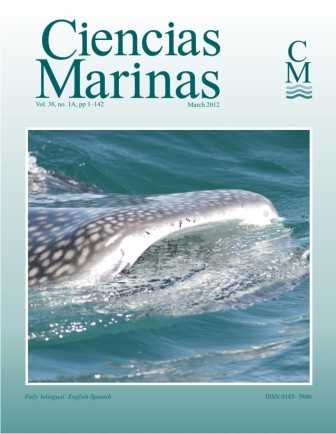Experimental recruitment of the Brazilian endemic coral Mussismilia braziliensis and conditioning of settlement plates
Main Article Content
Abstract
Reef restoration initiatives have been proposed all over the world during the last decades, a few based on sexual coral reproduction. The present study aimed at defining the minimal time required to condition artificial substrates to enhance larval settlement of the coral Mussismilia braziliensis. Ceramic tiles were conditioned at the reef for different periods (0 [control], 6, 10, 20, and 30 weeks), and the fouling community was analyzed. The tiles were dominated by turf algae and crustose coralline algae (CCA) in all age treatments; plates 20 and 30 weeks old were statistically different than newer ones, having less turf algae and more CCA. When exposed to the different treatments, larvae of M. braziliensis recruited poorly on 6-week plates, and no spat were found on control plates. Our results highlight the importance of an adequate period of conditioning to optimize coral settlement. Although we are far from understanding the complex processes driving larval settlement, establishing baseline conditions for experiments is of foremost importance, even for conservation and management activities of coral reefs.
Downloads
Article Details
This is an open access article distributed under a Creative Commons Attribution 4.0 License, which allows you to share and adapt the work, as long as you give appropriate credit to the original author(s) and the source, provide a link to the Creative Commons license, and indicate if changes were made. Figures, tables and other elements in the article are included in the article’s CC BY 4.0 license, unless otherwise indicated. The journal title is protected by copyrights and not subject to this license. Full license deed can be viewed here.

